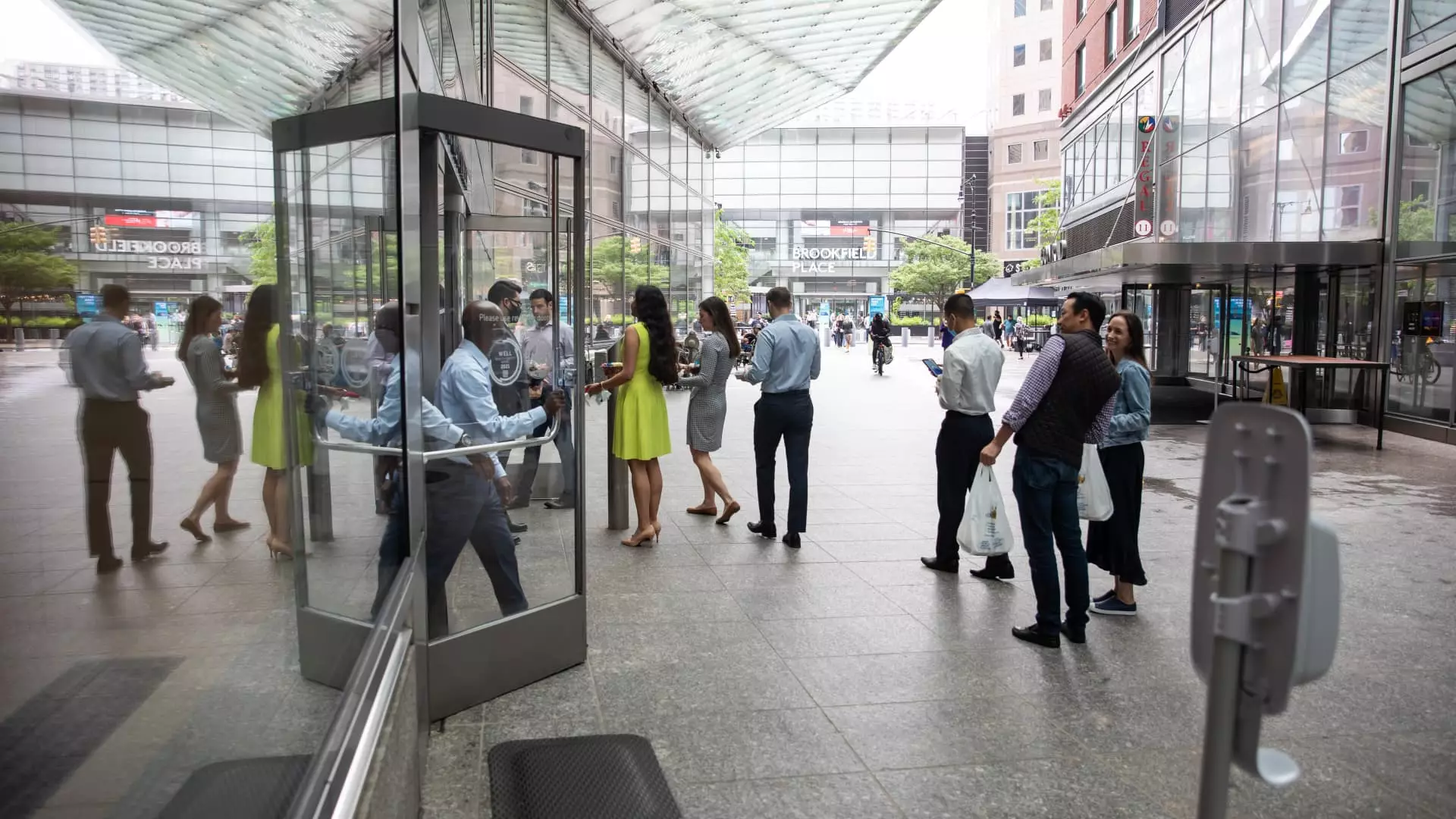A recent survey has sent shockwaves through the nation’s corporate corridors, revealing that a staggering 62% of America’s top executives predict an impending recession. This notable increase from 48% in just one month indicates a rising tide of anxiety among business leaders, and the implications for the average American worker cannot be understated. Concerned about the uncertainty in economic conditions, executives from over 300 companies are uneasy as they grapple with the consequences of erratic government policies and external market pressures.
The gravity of this forecast should not be lost on anyone, especially given the survey’s timing amidst ongoing tensions around President Trump’s erratic tariff policies. His on-again-off-again approach creates a landscape of unpredictability for businesses attempting to navigate the murky waters of global trade. When nearly three-quarters of CEOs openly state that tariffs will negatively impact their businesses in less than two years, it is a wake-up call for all sectors reliant on stable economic growth.
The Ripple Effects of Tariff Policies
The looming specter of tariffs represents not just a financial consideration; it bears the potential to derail an entire economy. Many CEOs have expressed their discontent, revealing that around two-thirds do not endorse Trump’s proposed levies. This discord is particularly troubling given the historical context—the last time consumer confidence faltered so sharply was in the wake of the pandemic in 2020. The current survey mirrors the deep-seated fears that accompany economic turbulence.
With skyrocketing costs projected for more than 80% of executives, it is imperative to question where the burden will ultimately land. When nearly half forecast increases in expenses that are deemed double-digit, it places a stranglehold on profitability. Only 37% expect their profits to rise this year, a steep decline from 76% just a mere few months ago. Such contrasting sentiments highlight an unusual rift between past expectations and current realities, bolstering the notion that without concrete measures to stabilize the economy, the chips may begin to fall in significant ways.
Fading Optimism amid Declining Indices
The overall sentiment among CEOs has distinctly turned negative, with key indices reflecting their diminishing trust in business conditions. A 9% dip in their general outlook for current conditions marks the steepest decline since the pandemic’s early days. Alarmingly low readings indicate that we are at the precipice of a critical moment. Executives’ confidence drops to levels reminiscent of late 2012, with a staggering 29% decline from the end of last year—a telling sign of volatility.
On a cautiously positive note, about half of the CEOs surveyed modestly expect improving business conditions within the next twelve months. However, this glimmer of hope still comes with the reminder of just how low they had set their expectations. Temporary tariff relief for items like smartphones and PCs offers only a fleeting sense of alleviation against the broader economic backdrop.
The Implications of Executive Predictions
The warnings sounded by influential business figures like Jamie Dimon of JPMorgan Chase and Larry Fink of BlackRock cannot be ignored. Their projections of falling earnings for major companies present a domino effect that could precipitate further economic decline. The fear that the U.S. economy may be teetering precariously close to entering negative growth is supported by the narratives stemming from the conservative drivers of policy.
Under these conditions, it seems imperative for policymakers to reassess strategies in favor of clearer, more consistent regulations that encourage growth rather than inflict turmoil. Businesses thrive on stability—an unwavering fact in an economy structured on consumer confidence.
The days ahead are poised to be pivotal in determining whether a recession can indeed be averted or if we are destined to ride the wave of economic despair forecasted by the nation’s corporate leaders. While some flickers of optimism exist, the prevailing sentiment remains one of caution—stemming from the fears of America’s CEOs echoing loudly in every corner of the economy.

